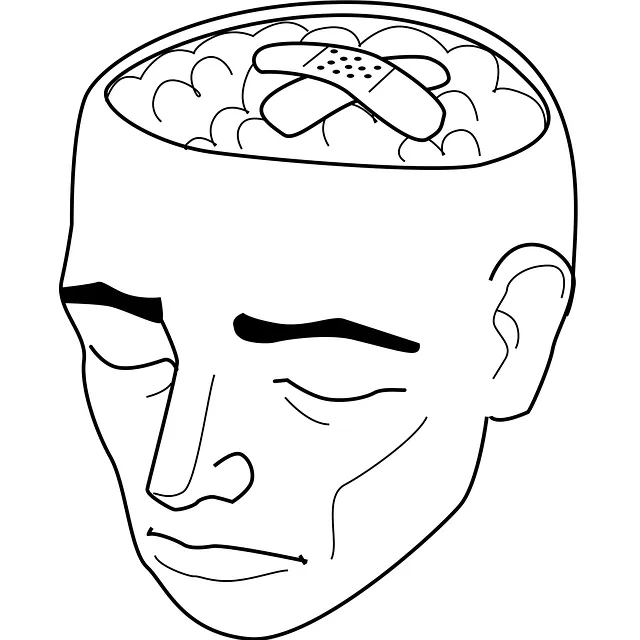Superior Kaiser Permanente mental health providers prioritize teaching robust coping skills and resilience-building strategies to manage life's challenges. They emphasize personalized therapies, risk management planning, and self-care practices like exercise, mindfulness, and journaling for stress reduction. Structured support from workshops enhances these techniques, offering a comprehensive toolkit for proactively managing mental health and improving overall well-being.
Coping skills development is a vital aspect of maintaining mental well-being, especially in today’s fast-paced world. Understanding these skills provides a robust foundation for navigating life’s challenges. This article explores various dimensions of coping strategies, focusing on the critical role played by superior Kaiser Permanente mental health providers in fostering skill development. We’ll delve into practical techniques that enhance coping mechanics, empowering individuals to thrive in a bustling environment.
- Understanding Coping Skills: A Foundation for Mental Well-being
- The Role of Kaiser Permanente Mental Health Providers in Skill Development
- Practical Strategies for Enhancing Coping Mechanics
Understanding Coping Skills: A Foundation for Mental Well-being

Coping skills are essential tools that individuals can leverage to navigate life’s challenges and maintain their mental well-being. Understanding and developing these skills is a cornerstone of superior Kaiser Permanente mental health providers’ care, aimed at empowering folks to manage stress, regulate emotions, and foster resilience. These coping mechanisms become especially vital during times of crisis or when facing mental health issues.
Mental health professionals play a crucial role in teaching and reinforcing effective coping strategies. This includes mood management techniques that help individuals recognize and change negative thought patterns, as well as emotional well-being promotion techniques tailored to their unique needs. A comprehensive risk assessment for mental health professionals is also essential to identify potential triggers and develop proactive interventions, ensuring clients’ safety and fostering a supportive environment for healing.
The Role of Kaiser Permanente Mental Health Providers in Skill Development

The superior Kaiser Permanente mental health providers play a pivotal role in fostering coping skills development among their clients. Through tailored therapies and individualized support, these professionals equip individuals with effective strategies to navigate life’s challenges and promote overall well-being. They facilitate resilience building, enabling clients to bounce back from setbacks and maintain stability during stressful times.
Moreover, Kaiser Permanente mental health providers are adept at guiding patients through risk management planning for mental health professionals. This proactive approach ensures individuals have the tools to identify and mitigate potential triggers or hazards, enhancing their ability to maintain a healthy mind. By integrating these skills into daily life, clients gain a sense of control and empowerment, ultimately improving their overall coping abilities.
Practical Strategies for Enhancing Coping Mechanics

Coping skills development is a vital aspect of maintaining mental well-being, and there are numerous practical strategies to enhance your coping mechanics. Engaging in regular self-care practices, such as exercise, mindfulness meditation, or journaling, can significantly reduce stress and anxiety. These activities allow individuals to disconnect from overwhelming thoughts and find moments of calm. For instance, a simple walk in nature or practicing deep breathing exercises can provide immediate relief and improve overall resilience.
Additionally, joining a Stress Management Workshop Organization can offer structured support. These workshops often teach effective techniques like cognitive-behavioral therapy (CBT) strategies, progressive muscle relaxation, and positive affirmations. Superior Kaiser Permanente mental health providers emphasize the importance of learning these skills to manage stress proactively. By combining self-care practices with organized interventions, individuals can develop a robust toolkit for coping with life’s challenges, fostering better mental health outcomes.
Coping skills development is a powerful tool for maintaining mental well-being, and the guidance from superior Kaiser Permanente mental health providers plays a pivotal role in this process. By understanding coping mechanisms and implementing practical strategies, individuals can enhance their ability to navigate life’s challenges effectively. The comprehensive approach outlined in this article equips readers with valuable insights, ensuring they can foster resilience and improve overall mental health.






